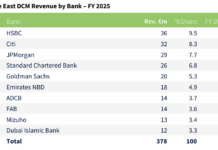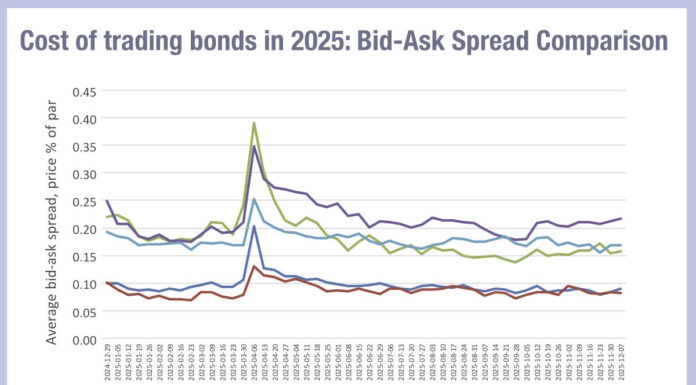Institutional investors expect their retail counterparts to dominate private markets over the next two years, according to a recent State Street survey.
Retail-style vehicles will represent at least half of private market flows within two years, 56% of institutional survey participants said. Just under a quarter (22%) believe that these vehicles will be the primary fundraising mechanism for the markets, up from just 14% last year.
Donna Milrod, chief product officer and head of digital asset solutions at State Street, observed: “The democratisation of private markets is a trend that has been underway for a number of years; however, 2025 has the potential to be a watershed year for retail allocations to private markets. Distribution to wealth channels and retail fund flows could become the dominant contributor to future fundraising.”
A heightened interest rate environment from the early 2020s onwards has increased investor focus on high-quality, lower-risk private assets, the survey found. Between 2024 and 2025, investors have also favoured developing over emerging markets when allocating capital. Over the next two years, 63% of LPs intend to increase their investments in the developed Europe region – up from 43% last year. At the same time, the percentage of those planning to invest in developing Europe has fallen from 21% to 18%. Similar patterns have been seen in the Middle East, Africa and emerging APAC, State Street noted.
Scott Carpenter, global head of alternatives at the firm, noted: “The renewed macroeconomic uncertainty linked to US trade policy, following so immediately from the inflation shock of the pandemic years, is only likely to encourage institutions to be even more selective about how they allocate.”
Geopolitical uncertainty is playing a role in the increased interest in private markets, participants suggested, with between 22% and 42% (dependent on asset class) stating that this was the primary reason for their increased allocation to the markets.
State Street outlines two possible scenarios for policymakers in this uncertain environment. It acknowledges that working on providing retail access to private markets may not be top of mind for policymakers, but warns that if underlying assets in retail-style funds perform badly and investors lose confidence, demand for the products will decrease. Alternatively, governments may prioritise increasing retail flows in private markets in order to fund domestic priorities.
Turmoil around tariffs and international trading policies are set to impact how ‘quality’ is defined, State Street said. Before the US’ ‘Liberation Day’, survey participants expected North America to be the source of the majority of their investment opportunities over the next two years. Now, though, there is a greater potential for non-US blocs to increase trade with one another, reducing the value of US assets and boosting the ‘quality’ of those with reduced US exposure.
State Street predicts that AI will play a crucial role in improving data analysis, facilitating private market democratisation and increasing retail access. The proportion of participants intending to use the technology for data analysis reached 83% in this iteration of the survey. On the other side of the equation, More than a third (37%) called for greater regulation around private companies’ requirements to provide better quality data to their investors.
©Markets Media Europe 2025












